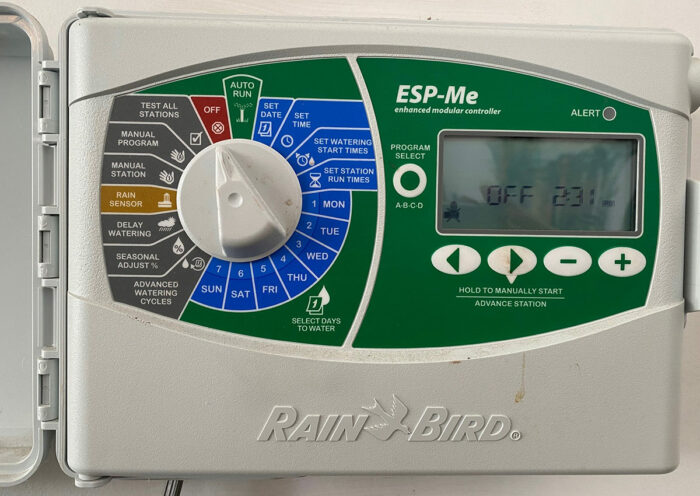
When I first moved to Colorado, I learned the hard way about the need to winterize my irrigation system. Never having had a system, I had no idea how it worked or of the maintenance it required. Several hundred dollars later, after the backflow preventer had frozen, I learned my lesson.
How to shut off and drain your irrigation system
If you’ve lived in the Mountain West for any period of time, you know we are notorious for an early freeze warning or snowstorm that is quickly followed by days or weeks of warmer weather, extending the growing season for the many plants that survived the quick burst of winter. In this case, it is important to temporarily protect the system. Fortunately, this is easy to do.
1) Set the irrigation controller to “off.”
2) Turn off the water at the mainline. This is usually found indoors in the basement.
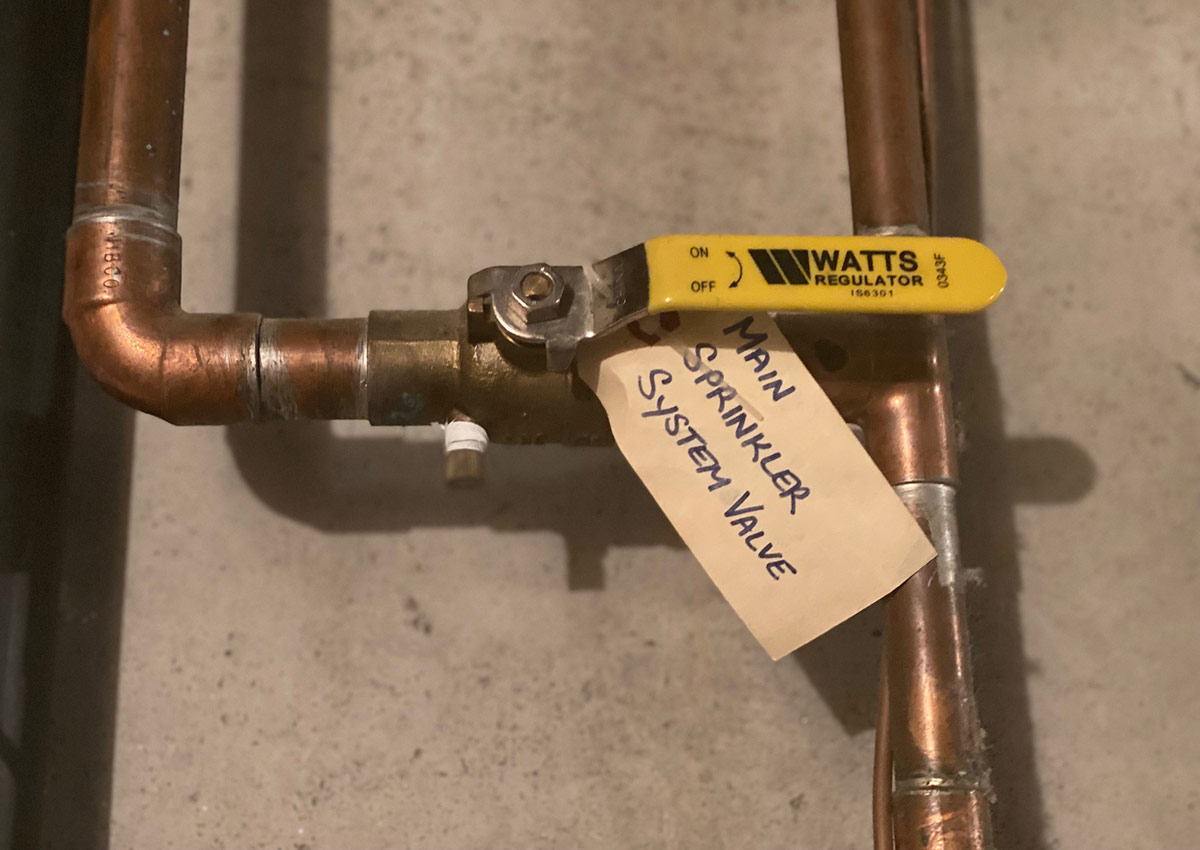
3) Open all valves on the backflow preventer to let it drain. Do this by turning any screw or valve that is perpendicular to the pipe so that it is parallel to the pipe. Water should drain out.
4) Near the mainline shutoff there should be a line drain. Open that using a bucket to collect the water if needed.
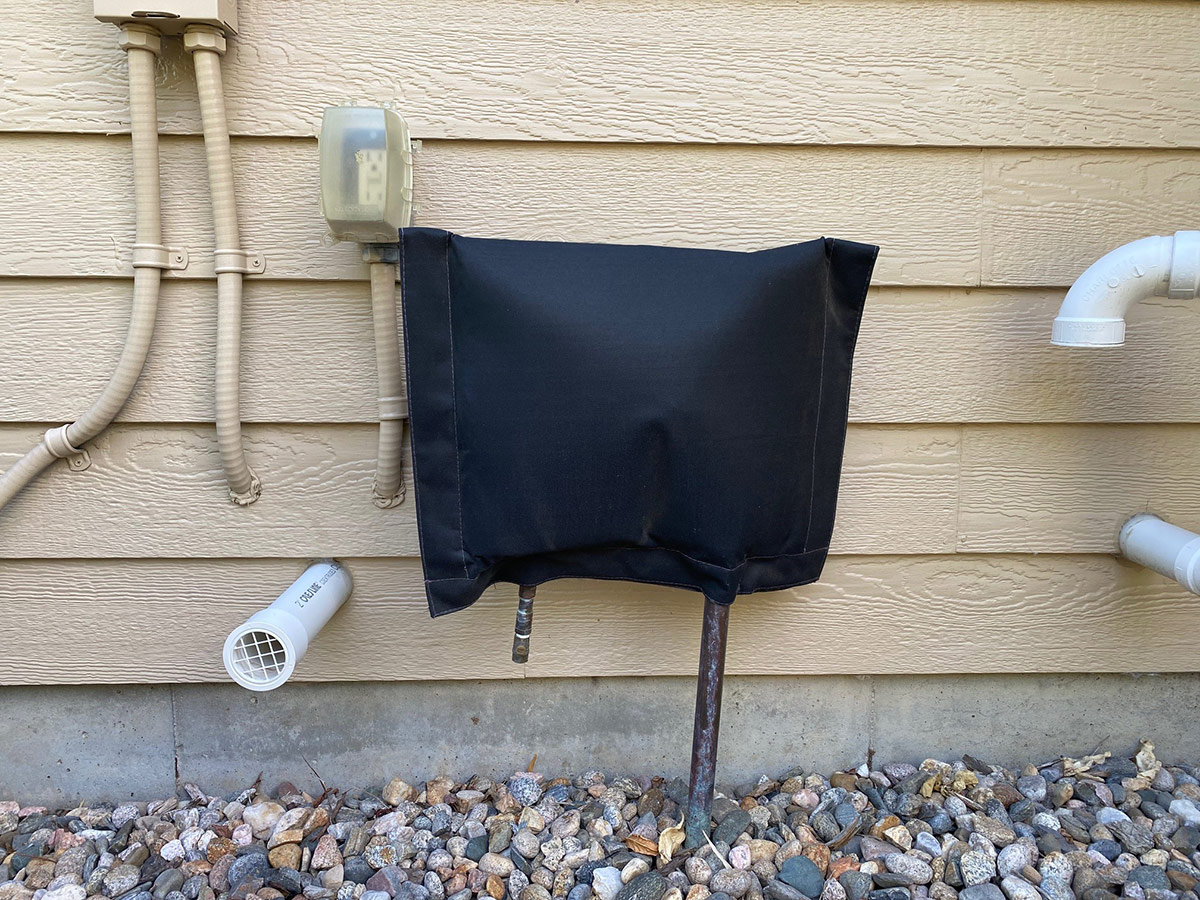
5) Cover your backflow preventer with an insulating cover, a blanket, or something similar.
6) While they aren’t connected to your irrigation system, make sure any hoses attached to spigots on your home are disconnected so that they don’t freeze.
Taking these steps should get your irrigation system through a temporary freeze. Once the cold snap has passed, you can reverse the process and keep watering as needed.
Consider calling a professional to blow out your pipes
Where you live in the Mountain West will determine when you should permanently winterize your system, which involves following the above steps again. The time to winterize should be right before you start to experience freezing temperatures at night. However, if you missed that, winterizing as soon as possible is better than not winterizing at all. Most irrigation systems in the Mountain West are blown out to eliminate as much water in the lines and sprinkler heads as possible. I highly recommend hiring a professional to do this, as home compressors do not generate enough air pressure to completely empty the system and even small amounts of water can cause serious damage. Take it from me (as I learned many years ago) that the annual expense of this maintenance is well worth it.
For more on irrigation, check out:
- The Pros and Cons of Different Irrigation Systems for the Mountain West
- How to Build a Rain Barrel
- Drip Irrigation Basics
And for more Mountain West regional reports, click here.
—Michelle Provaznik is executive director of the Gardens on Spring Creek in Fort Collins, Colorado, and the CEO of the American Public Gardens Association.
Photos: Michelle Provaznik
Fine Gardening Recommended Products
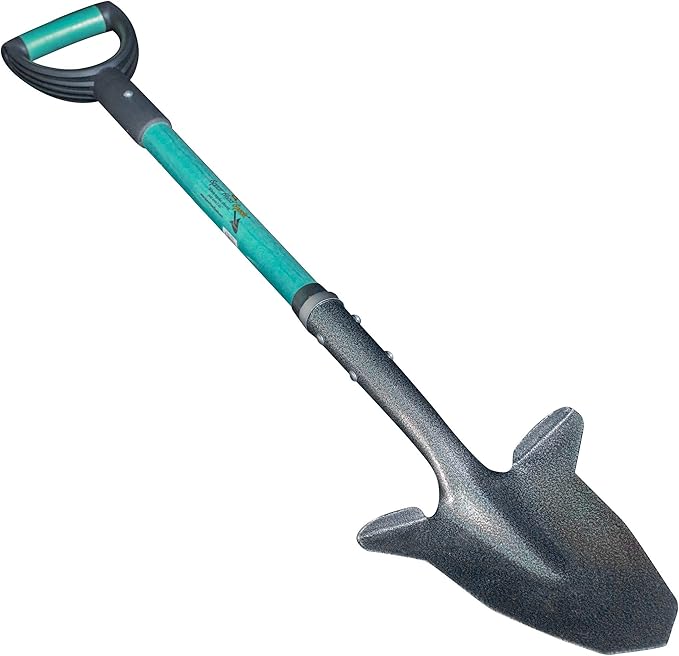
Spearhead Shade Gardening Shovel with Steel-Reinforced Fiberglass Handle
Fine Gardening receives a commission for items purchased through links on this site, including Amazon Associates and other affiliate advertising programs.
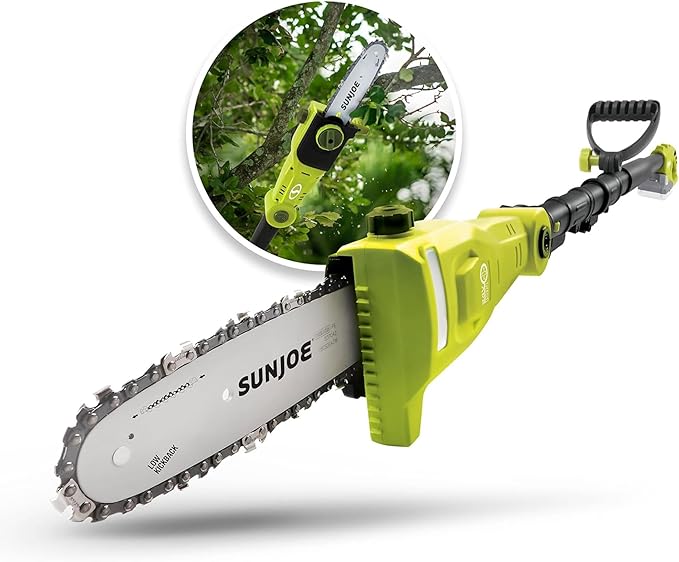
Sun Joe Cordless Telescoping Pole Chain Saw
Fine Gardening receives a commission for items purchased through links on this site, including Amazon Associates and other affiliate advertising programs.


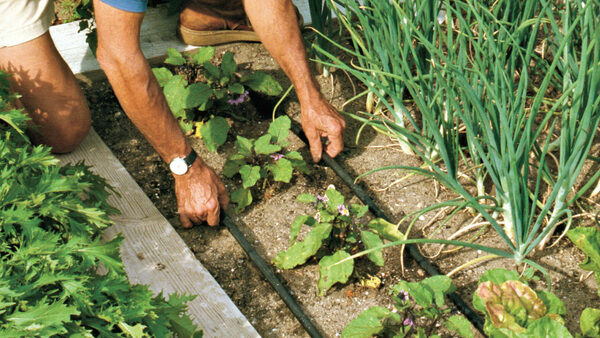

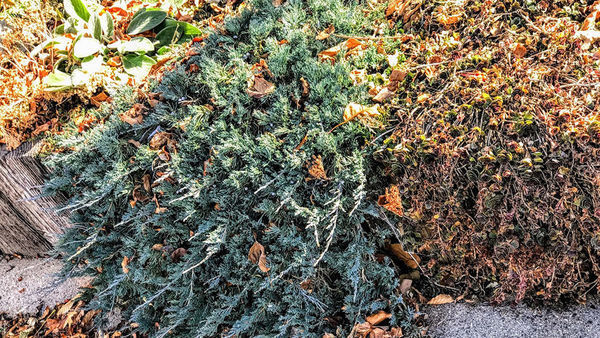

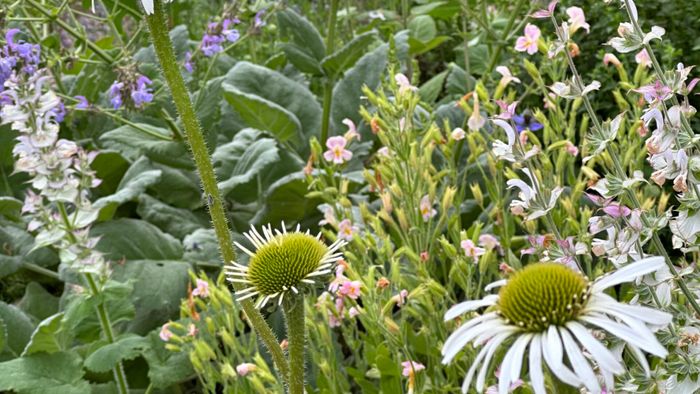
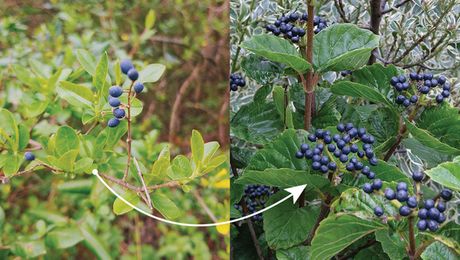
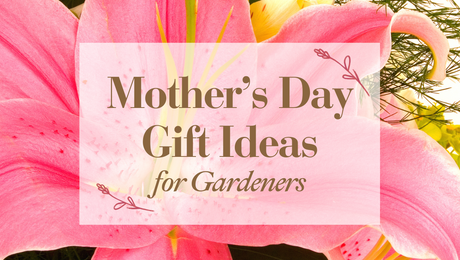










Comments
Log in or create an account to post a comment.
Sign up Log in